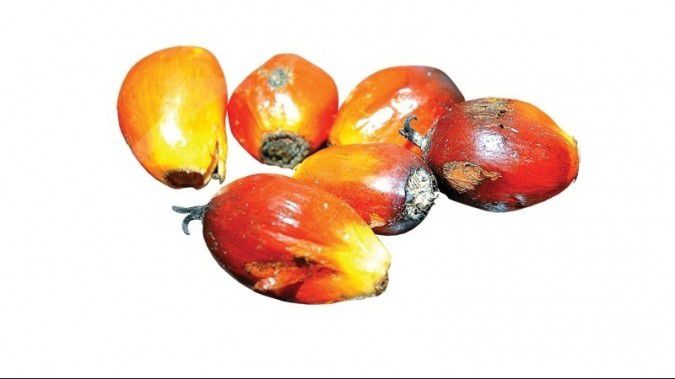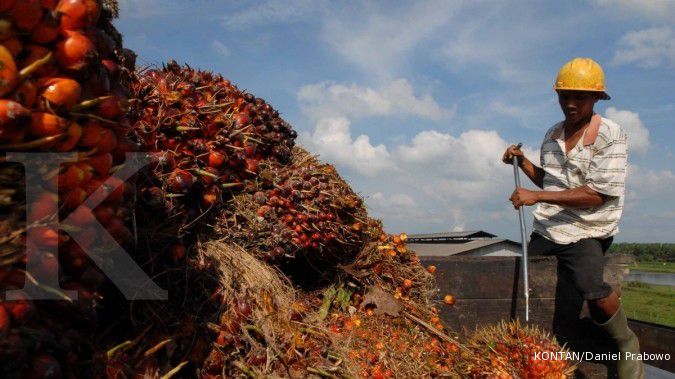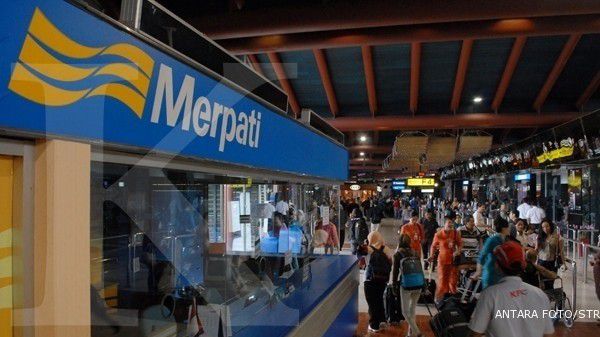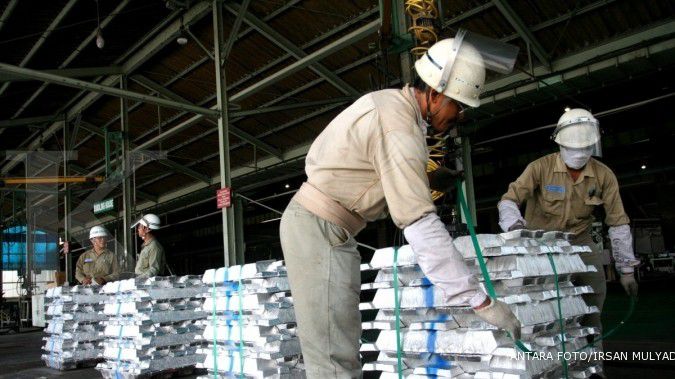JAKARTA. The government is planning to introduce a new arrangement that will set the price of biofuel for a mandatory fuel blending program in a bid to encourage more biofuel producers to supply the domestic market.
The Energy and Mineral Resources Ministry director for bioenergy, Dadan Kusdiana, said on Wednesday that the new calculation formula was currently being prepared and would likely be implemented in 2015.
“For now, the price is below MOPS [the benchmark Mean of Platts Singapore], which is said to be unappealing for producers. We have been using MOPS while producers set the palm oil export reference price as their benchmark. [Under the new arrangement] we will combine them,” Dadan said.
In September last year, the government began requiring diesel for industry and transportation
contain 10 percent biofuel, as part of an attempt to reduce oil imports.
The policy was issued in response to a widening current-account deficit driven by increasing oil imports.
Mandatory diesel fuel blending of 7.5 percent biofuel has been in place since 2008.
In response to the new 10 percent requirement, state-owned oil company PT Pertamina opened up a tender last year for the procurement of up to 6.6 million kiloliters of biofuel fatty acid methyl ester (FAME), which will be mixed with its diesel.
However, the company then reduced the amount to 5.3 million kiloliters needed for 2014 to 2015.
It recently announced that it had secured 2.4 million kiloliters of the FAME supply, or only about 45 percent of the total needed.
Pertamina said it would continue to seek supply for the rest of the FAME and in the next round would tender procurement of 850,000 kiloliters for Sumatra, Nusa Tenggara, parts of Kalimantan, Sulawesi and Papua.
The country’s subsidized diesel-fuel consumption is estimated to reach 16.5 million kiloliters this year, according to figures from the renewable energy directorate general. The implementation of the 10 percent mandatory blending nationwide will bring the total amount of biofuel blended into subsidized diesel fuel to 1.6 million kiloliters.
Meanwhile, for non-subsidized fuel, as much as 3.34 million kiloliters are expected to also be blended with biofuel.
The country is estimated to be able to save US$3.9 million from the mandatory 10 percent fuel blending program on subsidized and non-subsidized fuel.
Business players meanwhile have said they were ready to meet demand for biodiesel driven by the mandatory blending. However, they have been calling on the government to set the biofuel price so they could also benefit from supplying to the domestic market.
In its tender, Pertamina is seeking for prices below the MOPS benchmark. “For us biofuel producers, the price should have nothing to do with MOPS. If the price of CPO [crude palm oil] increases and diesel prices also go up, we will have double pressure. For us, using the [CPO] export reference price is clearer,” said Immanuel Sutarto, the vice president of the Biofuel Producers Association (Aprobi).
The country currently has a biofuel capacity of 5.67 million kiloliters per year. Of that total, 4.5 million kiloliters are ready for production.
In 2012, the country’s biofuel production reached 2.21 million kiloliters, a more than fourfold increase compared to 500,000 kiloliters in 2010. As many as 1.54 million kiloliters were exported in 2012, while the domestic market only absorbed 669,000 kiloliters.
Government to propose new pricing for biofuel
March 06, 2014, 11.23 AM
/2013/05/17/1080944213p.jpg)
ILUSTRASI. Manfaat daun bidara untuk kesehatan.
Source: The Jakarta Post
| Editor: Asnil Amri
Latest News
-
February 07, 2026, 04.59 PM
Indonesian Comedian Summoned by Police Over Netflix Show
-
February 07, 2026, 05.57 AM
GLOBAL MARKETS-Stocks, Bitcoin Rally, Regaining Some Lost Ground with Precious Metals
-
February 06, 2026, 07.58 AM
Indonesian Markets Face More Pressure after Moody's Cuts Outlook
-
February 05, 2026, 07.19 PM
Moody's Cuts Indonesia's Sovereign Rating Outlook to Negative
-
February 05, 2026, 02.43 PM
Indonesia Posts Fastest Economic Growth Rate in Three Years
-
February 04, 2026, 04.38 PM
Indonesia's Tax Revenues Jump in January, Finance Minister Says
-
February 04, 2026, 03.34 PM
AUD 1.6 Trillion Australian Pension Funds Ready to Pour into Indonesia
-
February 04, 2026, 02.13 PM
Indonesian Miners Halt Spot Coal Exports Over Proposal to Cut Output
-
February 04, 2026, 12.39 PM
Emerging Asia Stocks Waver as AI Selloff Bites, Seoul Hits Record High














